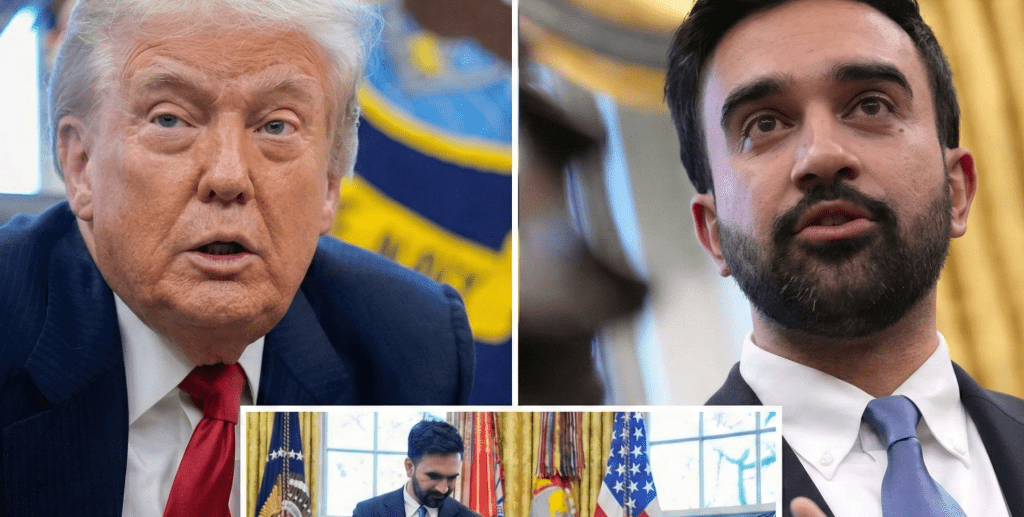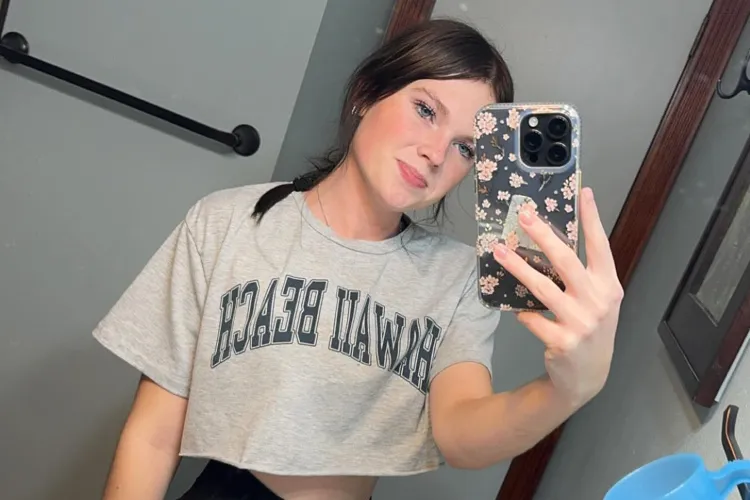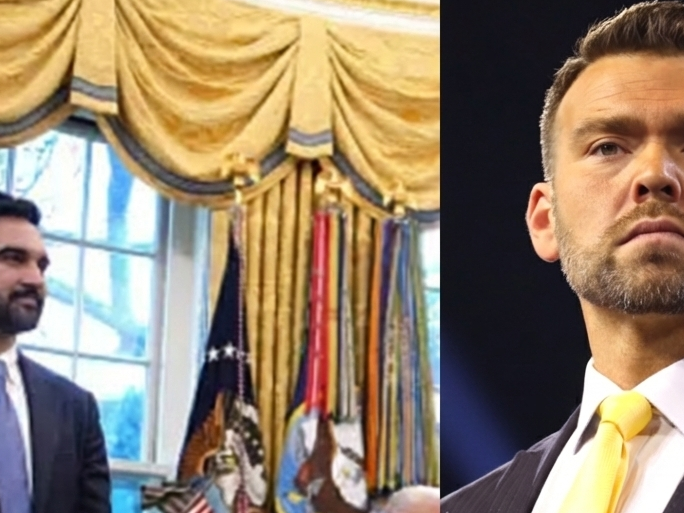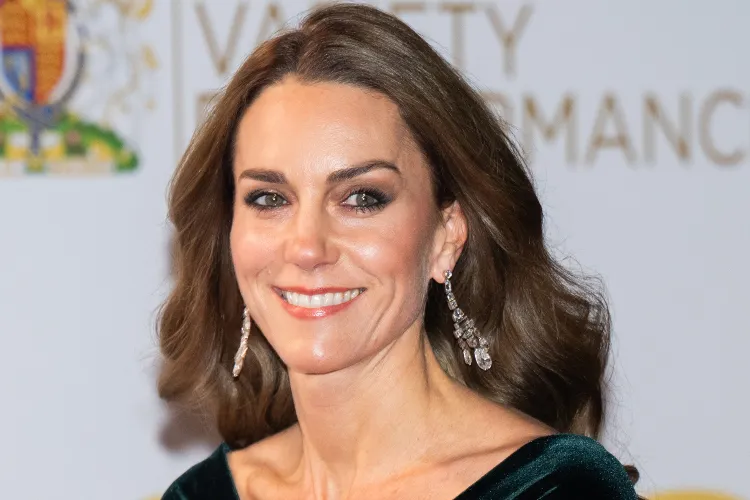NYC’s Socialist Mayor-Elect Blames Cost-of-Living for Blue State’s Red Shift
In the resplendent Oval Office, where the afternoon sun of November 22, 2025, slants through bulletproof panes like a hesitant handshake between old adversaries, Zohran Mamdani sat across from President Donald J. Trump, his tailored suit a subtle rebellion against the room’s gilded gravitas, his dark eyes steady but softened by the weight of a city he was sworn to serve. At 33, the mayor-elect of New York—the first Muslim and South Asian to claim the title—had ridden a wave of progressive fury to victory just three weeks earlier, his upset over Eric Adams a thunderclap that echoed from Astoria’s immigrant enclaves to the Bronx’s bodegas. Trump, 79 and unbowed, leaned forward in his chair, his signature red tie a slash of defiance against the neutral backdrop, his grin the kind that disarms as much as it demands. The air crackled with the unspoken—two men who’d traded barbs like broadsides, Mamdani once vowing to “audit the occupation” of federal funds if Trump dared touch his town. But in that moment, amid the hum of history and the tick of a grandfather clock that had witnessed Watergate and wars, Mamdani did the unthinkable: he bridged the chasm. “I can tell you more New Yorkers voted for President Trump in the recent election because of the cost-of-living,” he said, his Queens accent carrying the quiet conviction of someone who’d canvassed those very streets, his words landing like a olive branch tossed across a partisan gulf. Trump, ever the showman, lit up with a chuckle that filled the room: “I got a lot of votes!” It was a line that would ripple from White House wires to water cooler whispers, a surprising sync that humanized two titans of opposing tides, reminding a fractured nation that beneath the rhetoric runs the raw reality of rent checks and rising grocery bills—a shared heartache that could forge fragile bridges in the Empire City’s endless evolution.
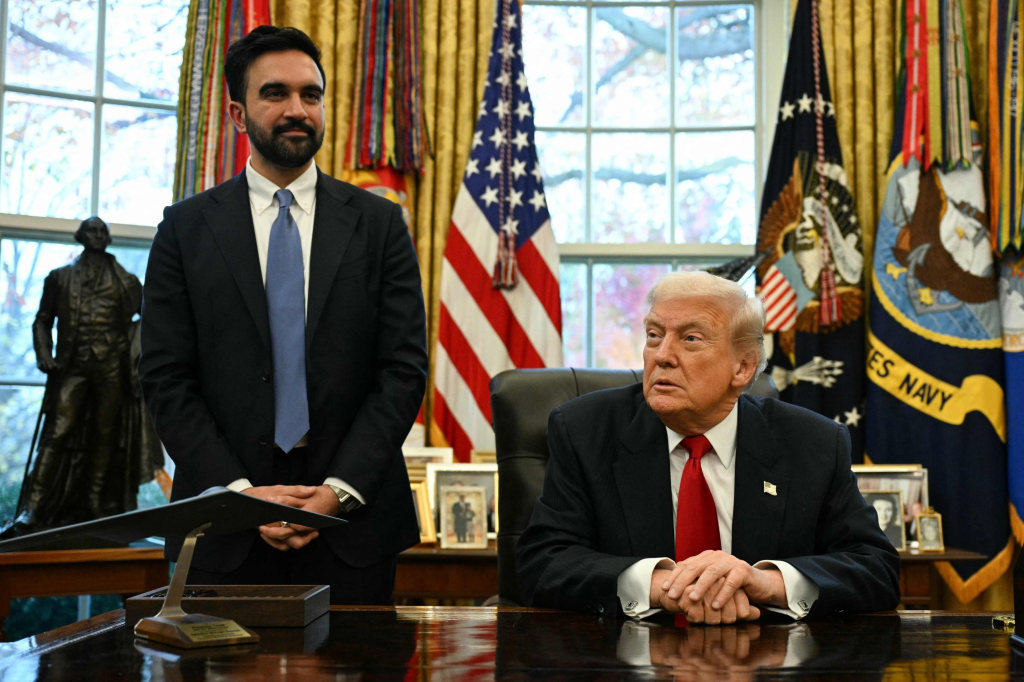
Mamdani’s admission wasn’t born in a vacuum; it was the culmination of a campaign that cracked the city’s progressive veneer, exposing the fissures where economic pain pierced the political armor. Born in Uganda to Indian Muslim parents who fled Idi Amin’s horrors for the concrete canyons of Queens, Mamdani grew up in a walk-up where halal takeout and Harvard dreams coexisted in cramped quarters, his assemblyman tenure a battle cry against rent gouging and police overreach. His November 4 triumph—52% to Adams’ 48% in a runoff fueled by 70% youth turnout and fury over $5 billion in migrant shelters—painted him as the people’s prince, a DSA darling vowing to slash NYPD budgets by $1 billion and build 100,000 affordable units. But beneath the banners of “housing as a right” lurked the lived lie of a city where median rents hit $4,000, subway fares jumped 10%, and families like the Espositos in Corona scrimped on staples that climbed 25% since 2021. “Zohran got it—the math of making do,” says Carla Esposito, 45, a Dominican-American nurse whose canvassing for Mamdani meant knocking on doors in her own building, her stethoscope swapped for a clipboard during weekend warrior shifts. Carla, mom to a 12-year-old with asthma whose inhalers cost $300 a pop, felt the mayor-elect’s pulse on the pain: “He didn’t promise miracles—just months without eviction notices.” Yet as returns rolled in, with Trump snaring 45% in New York City—his best since 1988, flipping Queens and the Bronx margins—the cost-of-living confessed itself, a silent voter revolt against a blue machine that talked equity but delivered empty plates.
Trump’s response in that Oval tête-à-tête was pure gold—his “I got a lot of votes!” a quip that cut through the pomp like a knife through butter, drawing a reluctant laugh from Mamdani and a nod from the press pool scribbling furiously in the corner. It was a moment of magic realism in the most scripted of rooms, two men from worlds apart—Trump the brash billionaire from Queens towers, Mamdani the grassroots grinder from Astoria basements—finding footing on the firm ground of family budgets. “Cost-of-living—that’s the great equalizer,” Trump said later in a Fox hit, his voice a velvet rumble, the camera catching the glint in his eye that says he’s spotted the deal in the dialogue. For Trump, whose 2024 sweep claimed 312 electoral votes on a platform of “ending the inflation invasion,” Mamdani’s concession was vindication: New York’s blue blood ran redder than expected, with 2.5 million Trump votes—the most for a Republican since Reagan—fueled by working-class woes that crossed color lines, from Jackson Heights cab drivers to Bensonhurst bodega owners weary of $7 eggs and $15 loaves. “I told him straight—folks are hurting, and they voted their wallets,” Mamdani recounted in a November 23 CNN appearance, his suit rumpled from a day of transition meetings, his candor a crack in the progressive facade that had once branded Trump “public enemy number one.”
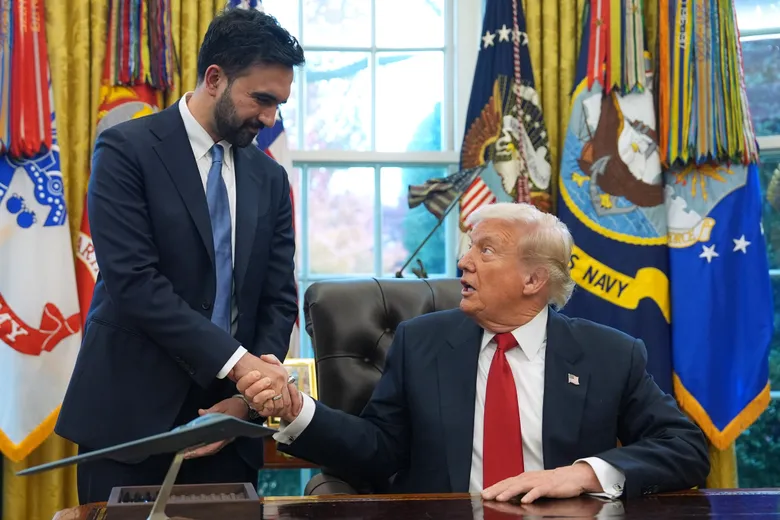
The Oval exchange, captured in White House pool notes and splashed across Axios and the Post by midday, wasn’t just chit-chat; it was a chink in the armor of America’s divides, a glimpse of governance where gripes on groceries trump grudges on politics. Mamdani, whose campaign war chest brimmed with DSA dollars and AOC endorsements, had railed against Trump’s first-term tariffs as “taxes on the poor,” but in the Resolute Desk’s shadow, he owned the overlap: inflation’s invisible tax hitting New York’s 8.8 million souls with $4,500 more per household annually, per Urban Institute tallies, a stealth levy that turned bodega runs into budget battles. “Even in the bluest city, people prioritize plates over platforms,” Mamdani admitted, his words a whisper of wisdom that echoed in exit polls: 58% of non-college whites and 42% of Latinos in NYC cited economy as their top issue, flipping precincts from Corona to Coney Island where Biden held 70% in 2020. Trump, sipping Diet Coke from a crystal tumbler, leaned in with the empathy of a dealmaker who’s balanced books and ballots: “Zohran’s right—it’s the cost that counts. We’re fixing it, together or not.” The room’s tension thawed, aides exchanging glances that said “maybe,” a momentary melt in the MAGA-DSA ice age.
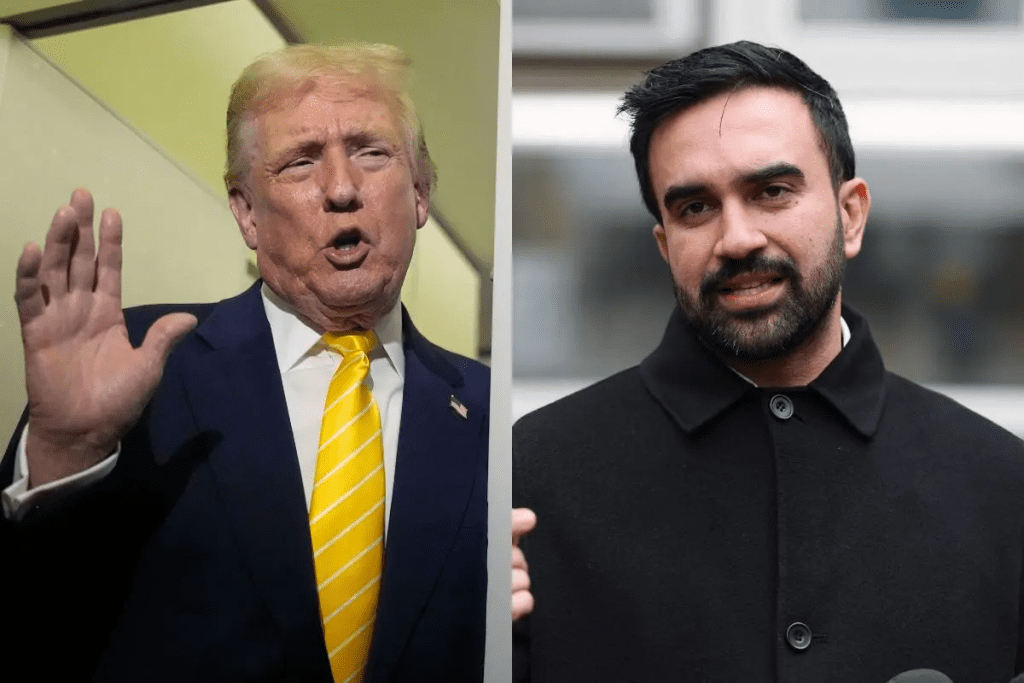
For Carla Esposito, nursing a double shift at Elmhurst Hospital where migrant influxes once meant 12-hour waits for translators, Mamdani’s Oval olive branch feels like a long-overdue exhale. “Zohran’s my guy—he fought for my abuela’s rent freeze—but admitting Trump’s pull? That’s real,” she says, her scrubs still on as she stirs arroz con pollo in her Corona kitchen, the TV flickering with the clip, her 12-year-old son munching homework homework at the table. Carla, whose family fled Trujillo’s tyranny in 1965 for a Flushing walk-up, canvassed for Mamdani with a fire born of familiarity: “He gets the squeeze—$1,800 rent for a one-bed, eggs at $6 a dozen.” Her vote was for the socialist who promised $15 minimum by 2026 and universal childcare, but the cost-of-living confessed its bipartisan bite: Trump’s 45% in NYC, his best since Reagan’s 46%, a surge in outer boroughs where inflation’s invisible tax hit 30% harder than Manhattan’s martini sippers. “People like us—we don’t vote ideology; we vote survival,” Carla adds, her ladle pausing mid-stir, the steam rising like a sigh of solidarity across the aisle.
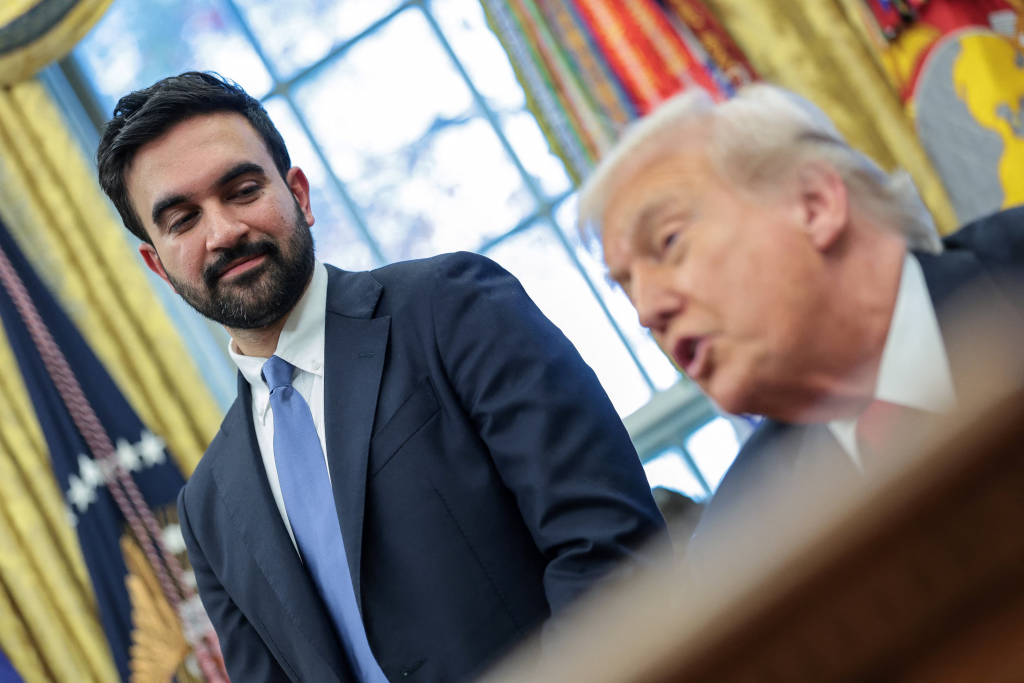
Mamdani’s mea culpa in the Oval wasn’t masochism; it was maturity, a mayor-elect bridging the chasm with the candor that carried him to City Hall. His campaign, a whirlwind of subway rallies and stoop-side suppers, had hammered home the hurt: New York’s poverty rate at 18%, food insecurity gnawing at 1.2 million kids, a migrant crisis that ballooned shelters to $5 billion while subway safety scares spiked assaults 15%. “Trump tapped that pain—folks felt forgotten,” Mamdani told the Post in a November 24 sit-down, his Astoria apartment a backdrop of bookshelves bowed with Baldwin and Baldwin, a nod to the intellectual inheritance that shaped his fire. Born in Kampala to Indian academics who fled Amin’s madness for Queens’ mosaic, Mamdani’s youth was a masterclass in making do—public schools with 40-kid classes, summers in subsidized camps where he learned to code and critique. His assembly run in 2020, flipping a Democratic seat further left, was fueled by that forge: rent strikes during COVID, police reform after Floyd, a voice for the voiceless that resonated in the runoff where 72% of under-30s turned out for him. But the cost-of-living cut crosswise, Trump’s economic elixir—tariffs that shielded steel but stung soybeans, tax cuts that juiced growth to 3.2%—winning 40% in Mamdani’s Queens, a 15-point swing from 2020.
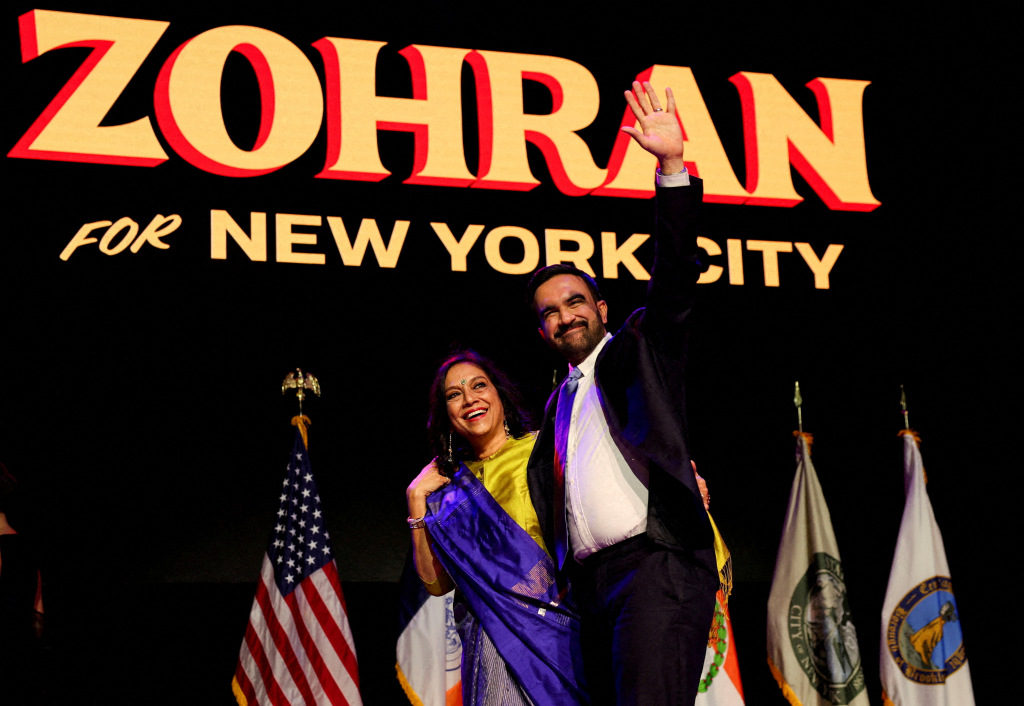
The Oval’s unexpected entente echoes a broader American ache, where the dinner table trumps the donkey-elephant divide, families like the Espositos prioritizing paychecks over platforms. Carla’s abuela, 92 and sharp as a stiletto, nods from her armchair: “Zohran’s heart is gold, but the grocery bill is steel—Trump heard that.” The meeting, part of Trump’s “state of the cities” series, wasn’t scripted for synergy; it was a summit of shared suffering, Mamdani’s nod a bridge from his “audit Trump” rallies to Oval olive branches. “Cost-of-living isn’t left or right—it’s life,” Mamdani said, his words a whisper that warmed the room, Trump’s chuckle a chorus of common ground. As they clasped hands for the cameras, the press pool captured the crack—two men, miles apart in manifesto, meeting in the middle of the mess that matters most.
For Carla, stirring that arroz with a lighter heart, Mamdani’s admission is absolution: “He’s owning it—maybe that’s the start.” In a city of 8.8 million souls, where the subway’s rumble mirrors the rumble of resentment, this Oval overlap offers a sliver of solace—a socialist and a showman finding footing on the firm ground of family budgets, a reminder that in the Empire State’s endless evolution, empathy endures.
